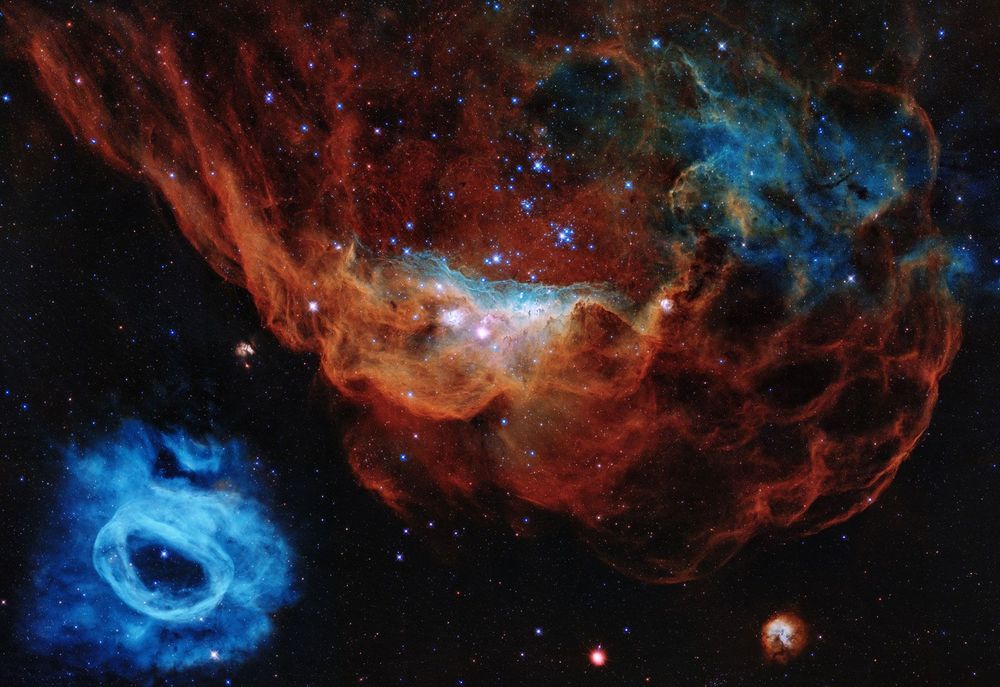Beijing’s desire to turn the South China Sea into a personal lake for President Xi Jinping is getting pushback from an unexpected source, the United State Marine Corps. When people think of the Marines, they generally think of assault troops and aggressive attacks on fortified positions, so sea control might seem a stretch for the Corps.
But Marines are adaptive. Actually, the Marines are going back to the future. The seizure and defense of advanced naval bases has been a major part of the Marine Corps’ mission for over a century; but since World War II, the seizure portion — better known as amphibious warfare — has overshadowed the defensive mission. The Marine Corps commandant, Gen. David Berger, is rebalancing the Marine Corps for a closer integration with the Navy after the two sea services had drifted apart for several decades.
To understand this, we need to understand the threat posed by Chinese build-up in the Indo-Pacific Region.







